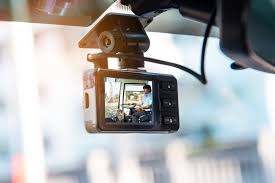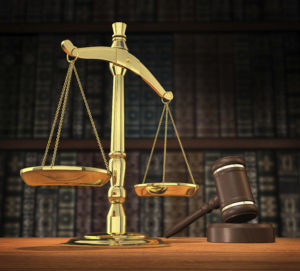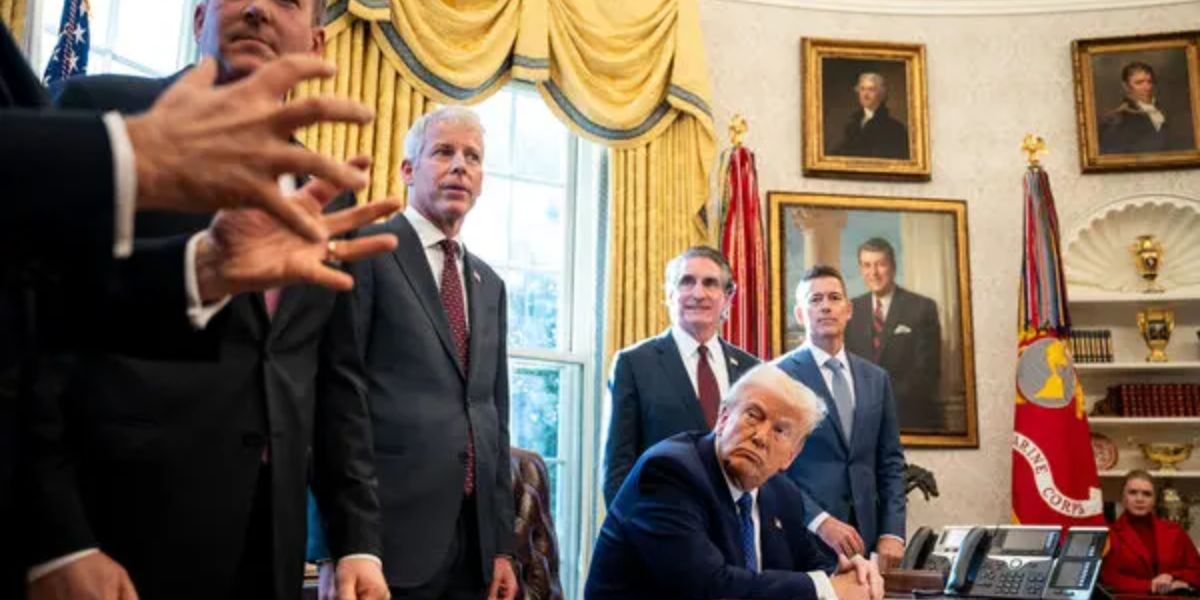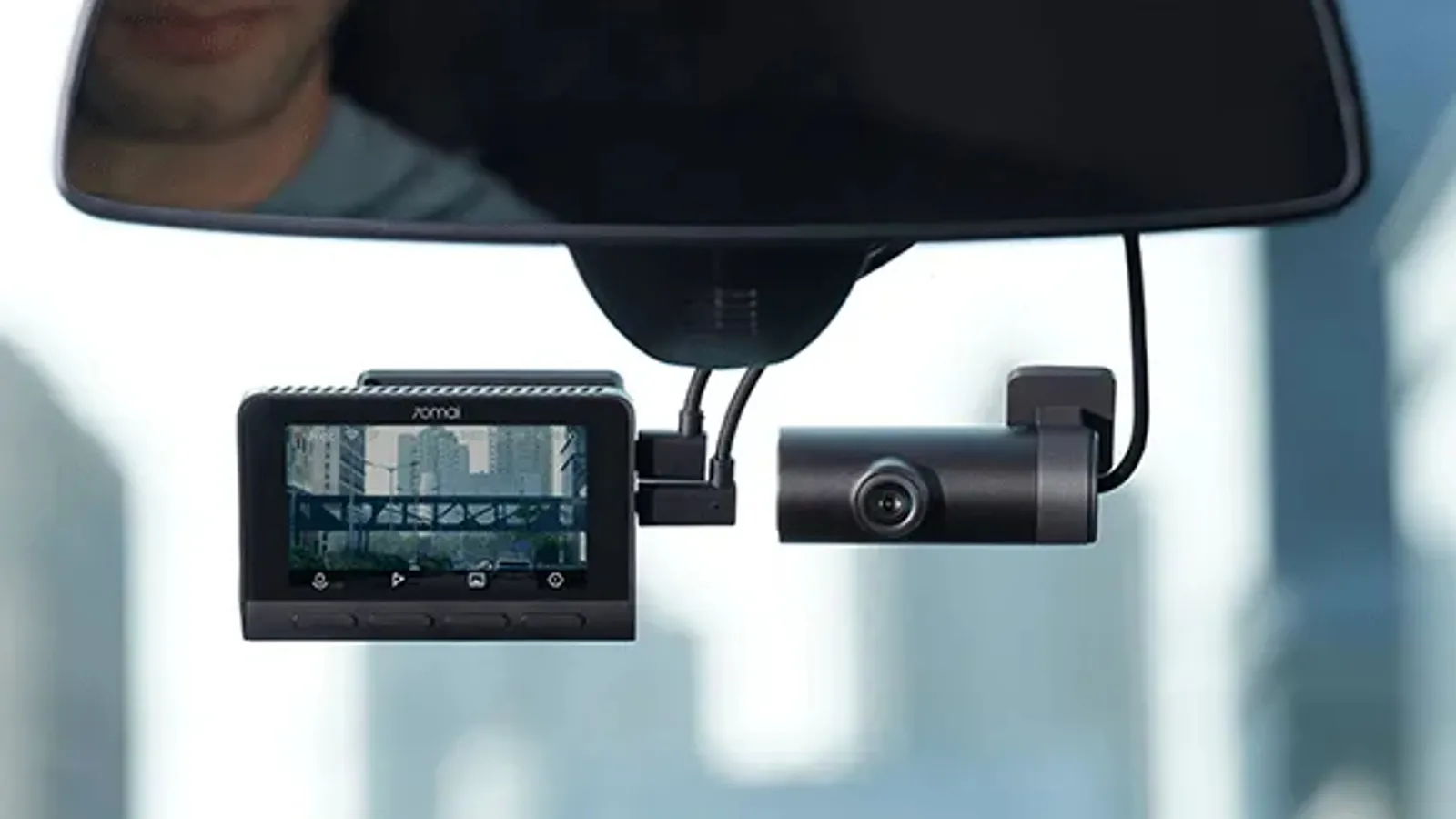Virginia Dash Cam Regulations: Key Facts for Drivers in 2024. As more people use dash cams for both safety and legal reasons, people in Virginia may be curious about what the legal consequences are for installing and using these devices.
The main points of Virginia’s dash cam laws will be talked about in this blog, such as where and how they can be used, as well as important privacy and insurance points.
1. Is Dash Cam Use Legal in Virginia?
Installation and usage of dash cam in a vehicle in Virginia is generally allowed. In Virginia, no laws restrict the use of dash cams. However, similar to any other vehicle gadget, it should not block the driver’s view.
This is under Virginia Code § 46.2-1054, which limits items that could obstruct the driver’s view, and those mounted on the windshield.
In order to avoid such obstruction, it would be wise to mount a dash camera in a location where there would be minimal impact on the driver’s field of vision, such as upper center or lower corner positions of the windshield.
Some dash cams are designed to sit near the rearview mirror, which can help keep the device out of the driver’s primary line of sight.
2. Audio Recording and Consent
Virginia is a “one-party consent” state for recording conversations, meaning that only one person needs to agree to the recording. If you are the driver and you are recording sound, you probably have permission to do so.
But if someone else is in the vehicle or if you are recording engagements with individuals outside of a vehicle, like police officers, it is proper etiquette to inform them that you will be recording.
It can be the case that drivers who work for ride-share or some other type of passenger service will not be under a duty of law to inform passengers they are being recorded, yet it is better to take precautions against future issues.
3. Using Dash Cam Footage as Evidence
In Virginia, the dash cam footage is allowed as proof in court and insurance claims. Dash cams do capture the events in which the incident occurred. That helps to prove or refute the claim in an accident.
Having the dash cam footage may be able to share this evidence with your insurance company and lawyer to help figure out what happened in the accident and who is at fault.
However, this has no surety whether it will get into the courtroom, but usually depends upon what the judge chooses. So far, video evidence becomes increasingly credible in both civil and criminal cases.
4. Public Places vs. Private Concerns
People who live in Virginia should be told the privacy rules when using dash cams, particularly when recording privately where one expects to have their peace.
There usually are no privacy rules about public places such as the roads; however, using recorded videos in such places without permission could land you on the wrong side of the law.
Conclusion
On the roads of Virginia, one can ensure safety for all its drivers by using dash cameras. This is also proof in case of an accident.
Virginia drivers can install legally-owned dash cams if they use them in a manner which won’t block their view or interfere with audio consent or invading people’s privacy.
You want to make sure that the recording method of your dash cam follows these rules so everyone can be safe on the roads. So read the instruction manual that came with the dash cam.


 by
by 




